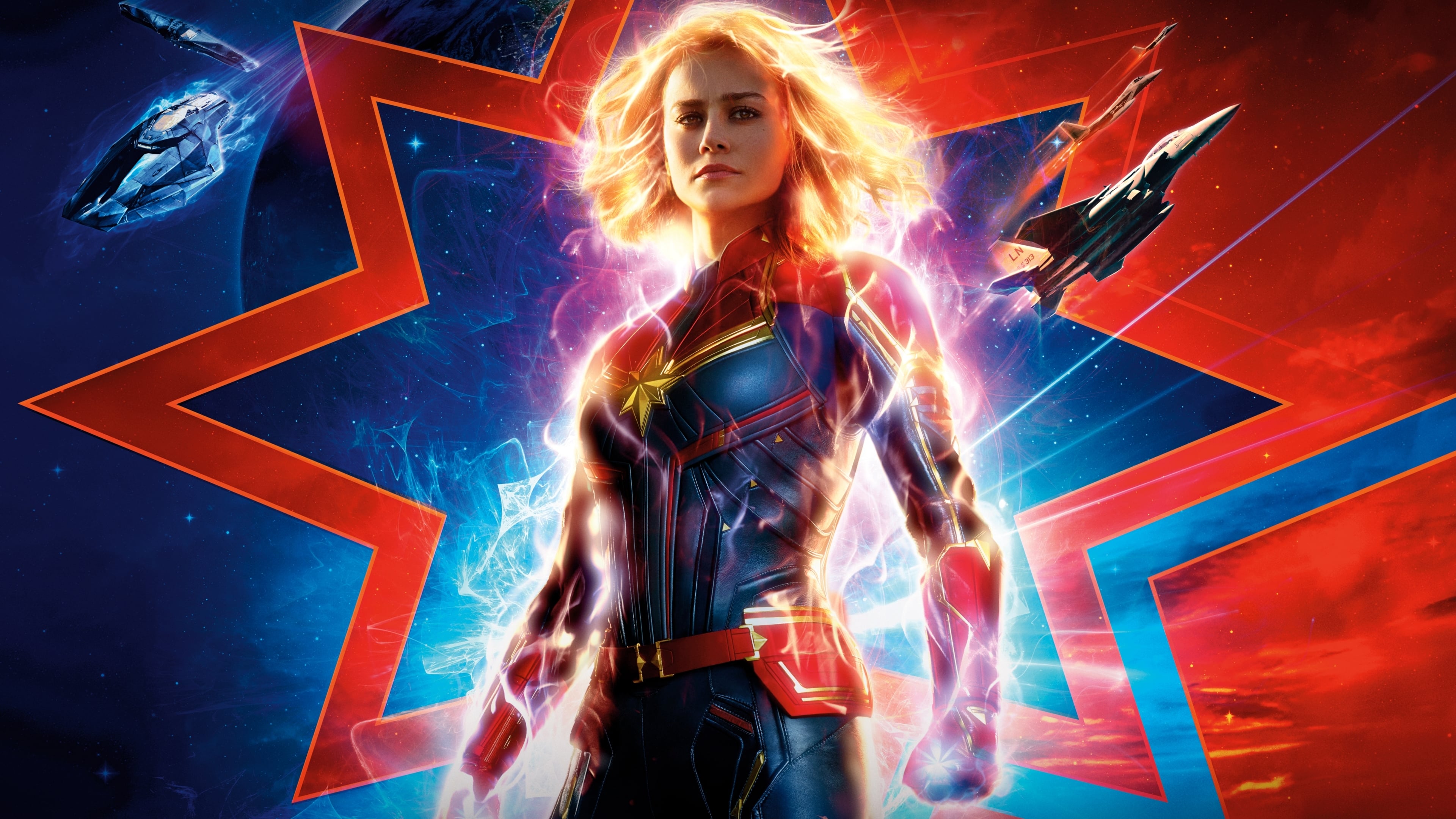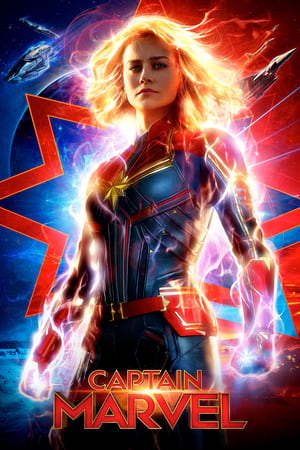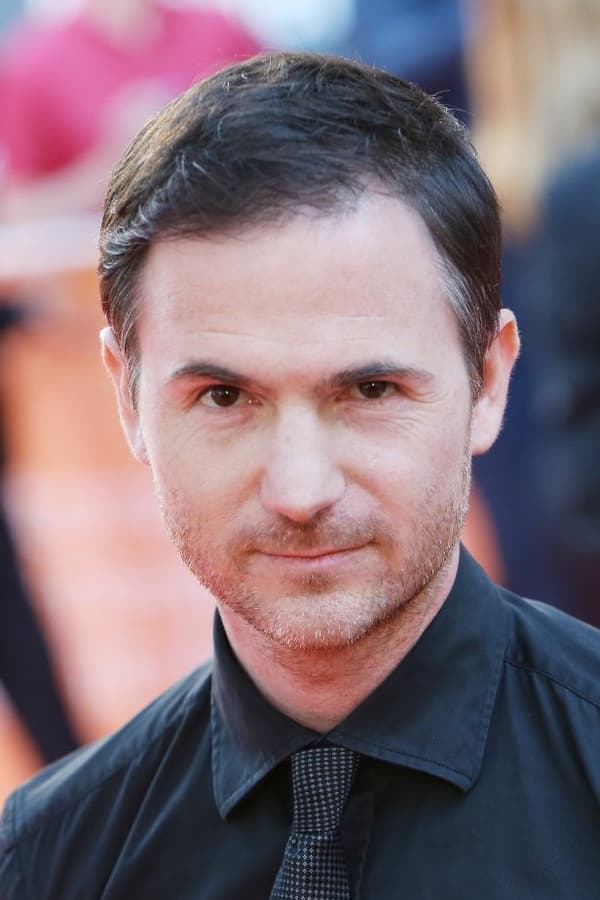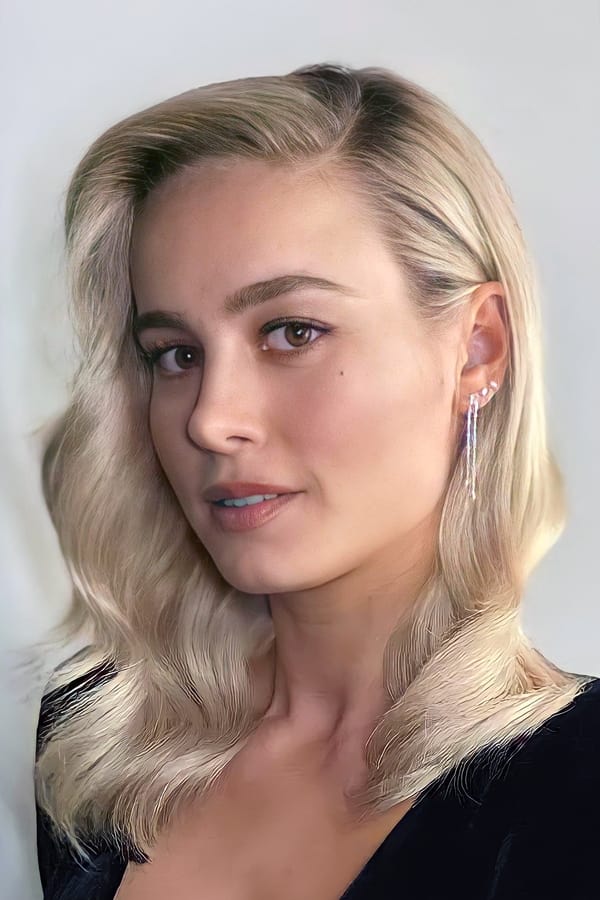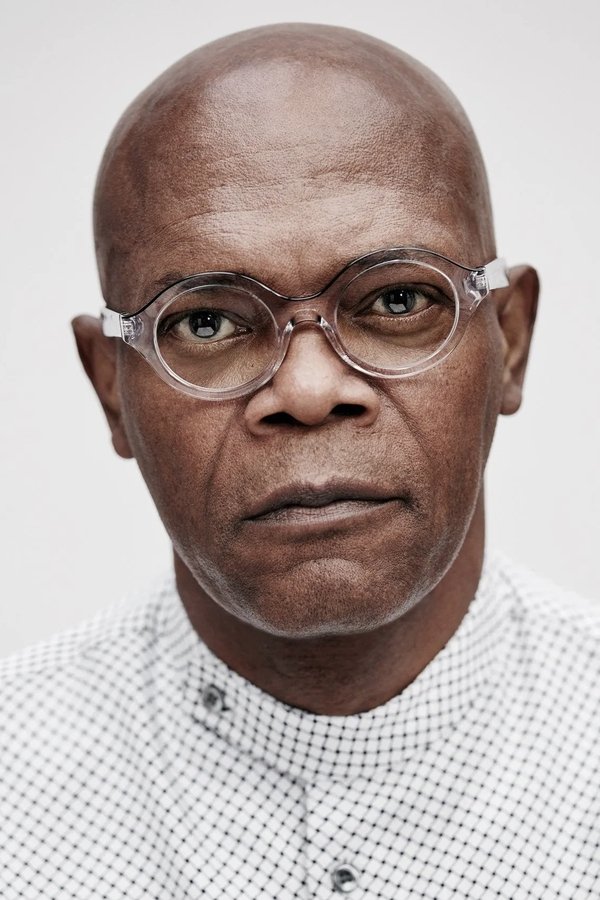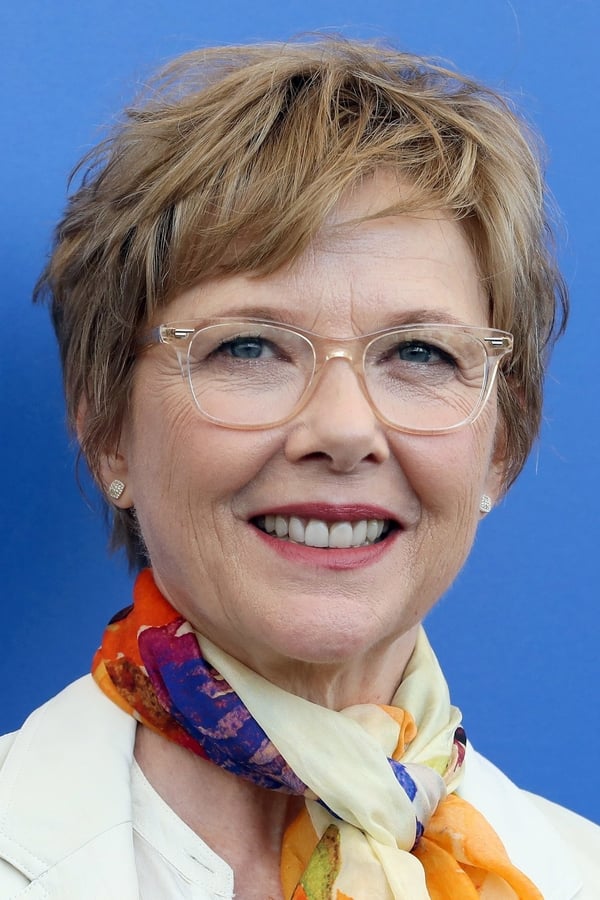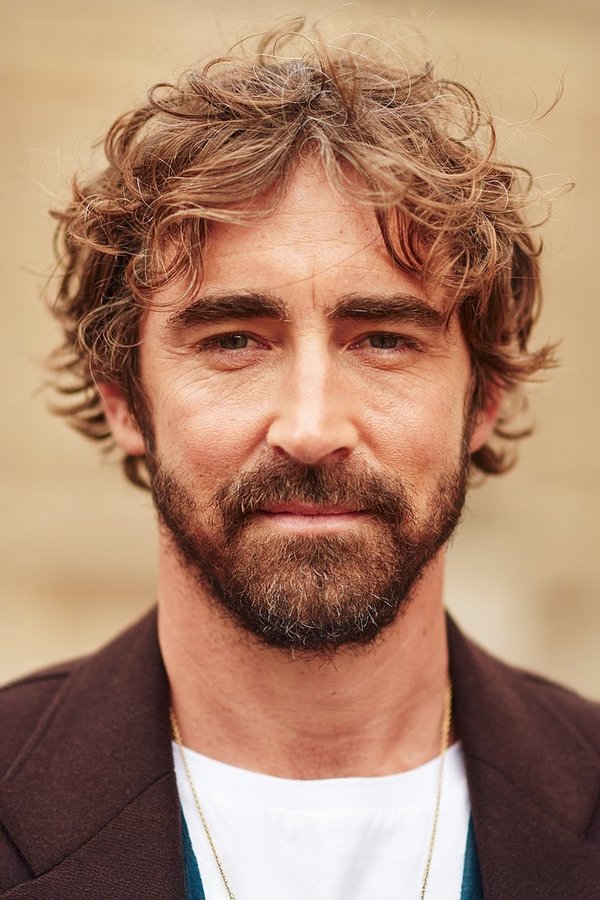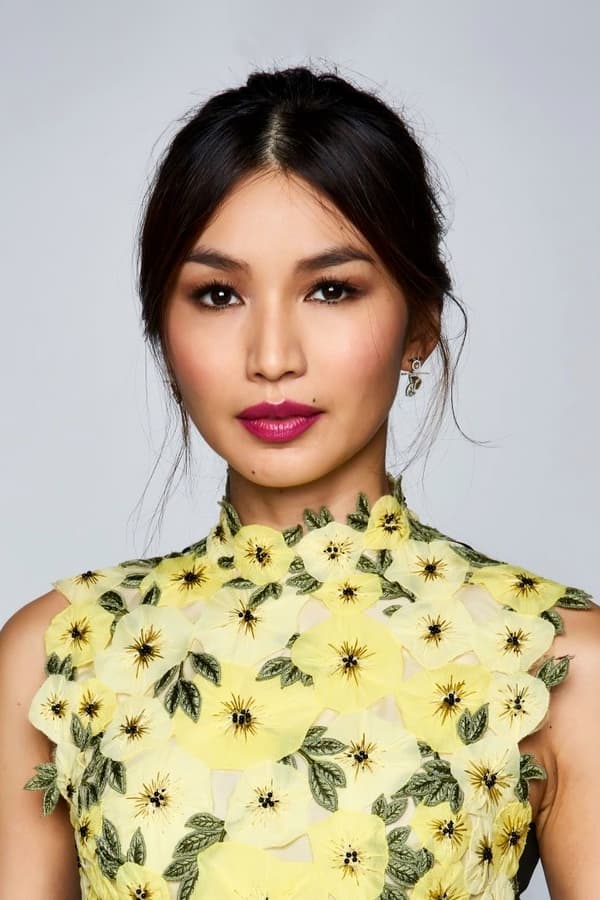That quote by Wanda Maximoff (Elizabeth Olsen) in her first scene in Doctor Strange in the Multiverse of Madness is the center of my argument against the MCU’s latest feature film. Directed by Sam Raimi, it follows Maximoff’s efforts to return to the life we saw her living in the second half of WandaVision with her kids and her conflict with Dr. Strange (Benedict Cumberbatch) for said efforts. So it's essentially a film about how Wanda process grief. And yet, the film is set in Dr. Strange's universe, with him in the pivotal role. Yet, his role is pivotal only in the sense of somewhat being the protagonist and having his name in the film. The central character who goes through the most changes and puts things into motion is Wanda. So the name of the film itself is an example of how the woman's story is for some reason being told from another man's perspective. It’s like saying Wanda does warrant a series on Disney+ but as far as theatrical releases go, even if it’s about her and Dr. Strange just happens to be there, he deserves to serve as the agency for her development and deserves to be the protagonist of her story. I’m terribly disappointed in MCU for the direction of the narrative in Doctor Strange in the Multiverse of Madness.
For anyone yet to see the film, what follows contains MAJOR SPOILERS for both WandaVision and Doctor Strange in the Multiverse of Madness.
To start off, Wanda’s first contact with any of her co-Avengers since Avengers: Endgame is with Dr. Strange now, after the whole affair at Westview. And that too just because Dr. Strange needs her help. And he does the most man thing to do - reminds her that her children weren't real and she should stop her crusade to replace a Wanda from another universe so she can spend time with that Wanda's children. Now, Wanda’s jibe at Strange, which is quoted at the beginning of the article can be interpreted as a critique of the way toxic masculinity always turns the narrative on its head when a woman is involved. However, there is no question about morality presented. It’s through Wanda that we’re given an in-depth look at how a mother grieves the loss of her children, but its expression isn’t seen as grey. It’s clear that her modus operandi of dealing with losing her children must be condemned. Her actions could have apocalyptic consequences and we shouldn’t be seeing her as a grieving mother but as a possessed villainess or Witch to play along with her alter-ego name. So while the quote from Doctor Strange in the Multiverse of Madness with which I started the article acknowledges the double standards set by the patriarchy, the film itself has double standards.
Why I say it has double standards is because Dr. Strange wasn’t seen as the villain and neither was Spider-man in Spider-man: No Way Home. While your best friends not getting into their dream college for no fault of theirs is heartbreaking for a career-focused student, using forbidden sorcery to deal with that is treated as a desperate measure but not a villainous act. After the spell is messed up and multiversal consequences happen, it’s seen as an unfortunate fallout of an honest but misdirected attempt but Peter is clearly not treated as an antagonist. And yet, Wanda’s use of forbidden magic to deal with the loss of her children is not to be condoned. The opening quote of this article is essentially self-explanatory but I want to argue that this obvious lack of consideration for Wanda insinuates it’s not just her co-Avengers, but her writers who aren’t really concerned about her and dehumanize her for having magical powers. She’s supposed to be in control as an adult with powers that can have catastrophic effects, even in a period of extreme emotional turmoil for her, and especially without any genuine support, which I might add Peter Parker had a lot of. She clearly needs a rest from the world but no one's offering her an alternative to the desperate efforts she's making to deal with her grief while blaming her for not being dysfunctional.
In fact, this isn’t just a sexist matter. Stress leaves are a real thing. And for good reason. Expecting and demanding full functionality during a time when someone is emotionally or physically compromised is a consequence of Capitalism. There are also mental health resources available to anyone who feels unable to function at their usual level on a daily basis. And despite featuring a therapy arc on The Falcon and the Winter Soldier, MCU decided not to give Wanda an arc about that. It’s like everything learned during sensitivity training shouldn’t apply to one of the few meaningful female characters in the universe. She is extremely traumatized, with each new traumatizing event piling on the other with barely any time between them, which is universal to almost every MCU character at this point. It feels regressive that Wanda isn't given any means to properly heal from her trauma and develop as a character. What’s worse, as if to give her a feminist narrative, her hunt is just for her kids and no longer for Vision even if keeping Vision alive had been the reason behind everything that happened in WandaVision, since that would apparently imply that Wanda doesn’t need a man in her life to make her feel fulfilled.
